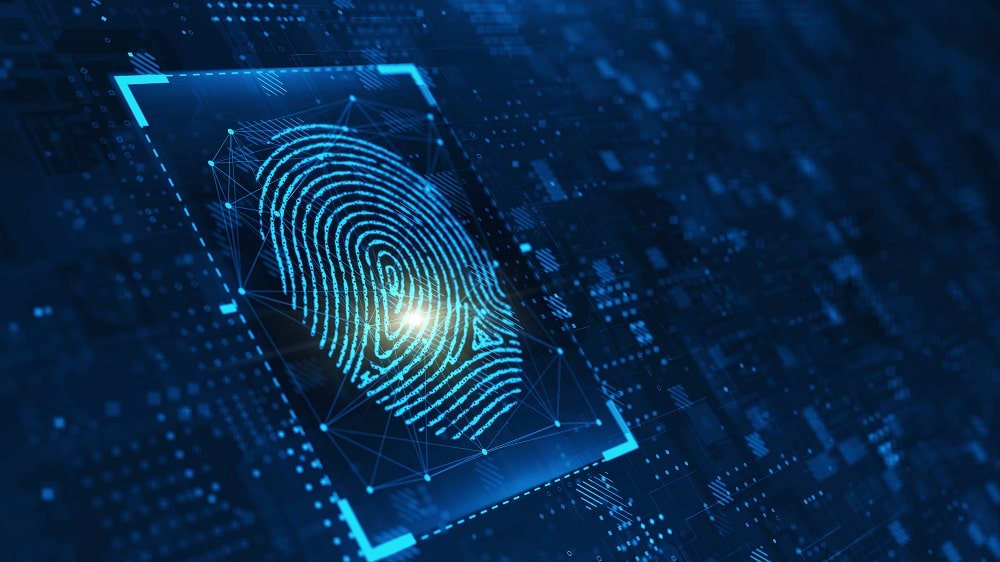Contents
Key facts:
They believe that the measure is a delay digital to the country and a violation of the right of the citizens.Authorities of Catalonia propose a common front antidecreto.The decree law in the field of e-government that was published this Tuesday, November 5, in the Official State Bulletin of Spain, has generated different reactions in around a measure that criminalises the creation of a digital identification auto-sovereign based on a blockchain.With this law, the Spanish government places a hand brake to the plans to create a Republic Digital Catalan, which sought to empower the citizens of the autonomous region, with some control over their identification data through the chain of blocks, as reported in advance Breaking News.In chapter I, the decree envisages measures in relation to national documentation of identity, aimed to set up the ID card with unique character and exclusive, as the only document with sufficient value by itself to the accreditation of the personal data of its holder. The government measure also adds the prohibition of the use servers located outside of Spain and the European Union, to the public administrations.The decree has generated a number of reactions, among them, the computer Spanish Benjamí Villoslada, who, in a post on Linkedin, criticized the decree, as a late digital for Spain and a violation of the right of the spaniards to possess a digital identity.Villasloda exposed that Spain has decided to give back to the standard decentralized digital identity, that the world has put in place, which is backed by the european system of recognition of electronic identities (eIDAS, for its acronym in English) and that is recommended by the Organization of the United Nations (UN), because, among other benefits, allows you to avoid the problems that’s supposed to be a refugee without papers.
Not support identity-based distributed systems goes against the reason of existence of SSI (sovereign Identity): that our identity is not controlled by anyone but ourselves. It will be an essential service as the identity serves to everyday issues very personal and intimate. Who would, for example, that the government is the one who identifies us to open the door biometric home? If you have to be so to the force, by Royal Decree, Who will buy doors biometric in Spain?.Benjamí Villoslada, computer.
Many of the reactions of the spaniards in the social networks revolved around the measure that put the brakes on the project blockchain of Catalonia, but there were also comments relating to the decision of the government of Pedro Sanchez of curbing definitive the use of the technology based on the chain of blocks to develop systems of digital identity and technology-the same style in e-signature systems.In this regard, the user of Twitter, Cris Carrascosa, wrote the text: “digital Identity sovereign in Spain on blockchain, a business model that legally will not be valid any.”
This comes in ms BOE today. Digital identity sovereign in Spain on Blockchain, a business model that legally would have no value whatsoever. pic.twitter.com/V9xKbwfdDr— Cris Carrascosa ⚡️ (@CarrascosaCris_) November 5, 2019
The writing makes reference to the possibility that “the restrictions imposed on the systems of identifications and signatures based on technologies of registration distributed entailing a general prohibition”.The royal decree stated that “restricts punctually and merely provisional use as a system for the identification and signature of the interested parties, when these latter are interrelated with the administration, and while there is no more data or a regulatory framework ad hoc character of a state or european address the weaknesses that implies its use for the data and public safety.”On this subject also reacted to the user Alberto Toribio, who expressed their opinion through the following tweet:
The recent royal decree 14/2019 could put at risk the digital identity with Blockchain in the public administration. It states that the use of systems based on technologies DLT shall not be admissible in any case for the identification or signature https://t.co/TTBd3Z63lg pic.twitter.com/rT7LqiQAZv— Alberto G. Toribio (@gotoalberto) November 5, 2019
A state of emergency digital
The minister for Digital Policies and Public Administration of the Generalitat, Jordi Puigneró, described the decree as a State of Exception on the part of the government of Pedro Sanchez and added that “they want to destroy the technological progress, economic and social of Catalonia”.Puigneró advocated a common front of the autonomies to defend the digital competences and assured that he will lead an offensive legal and political, to defend the competences of Catalan in the digital realm. Even opted for appeal to eu authorities, because the state regulations would violate directives of the European Union (EU).

